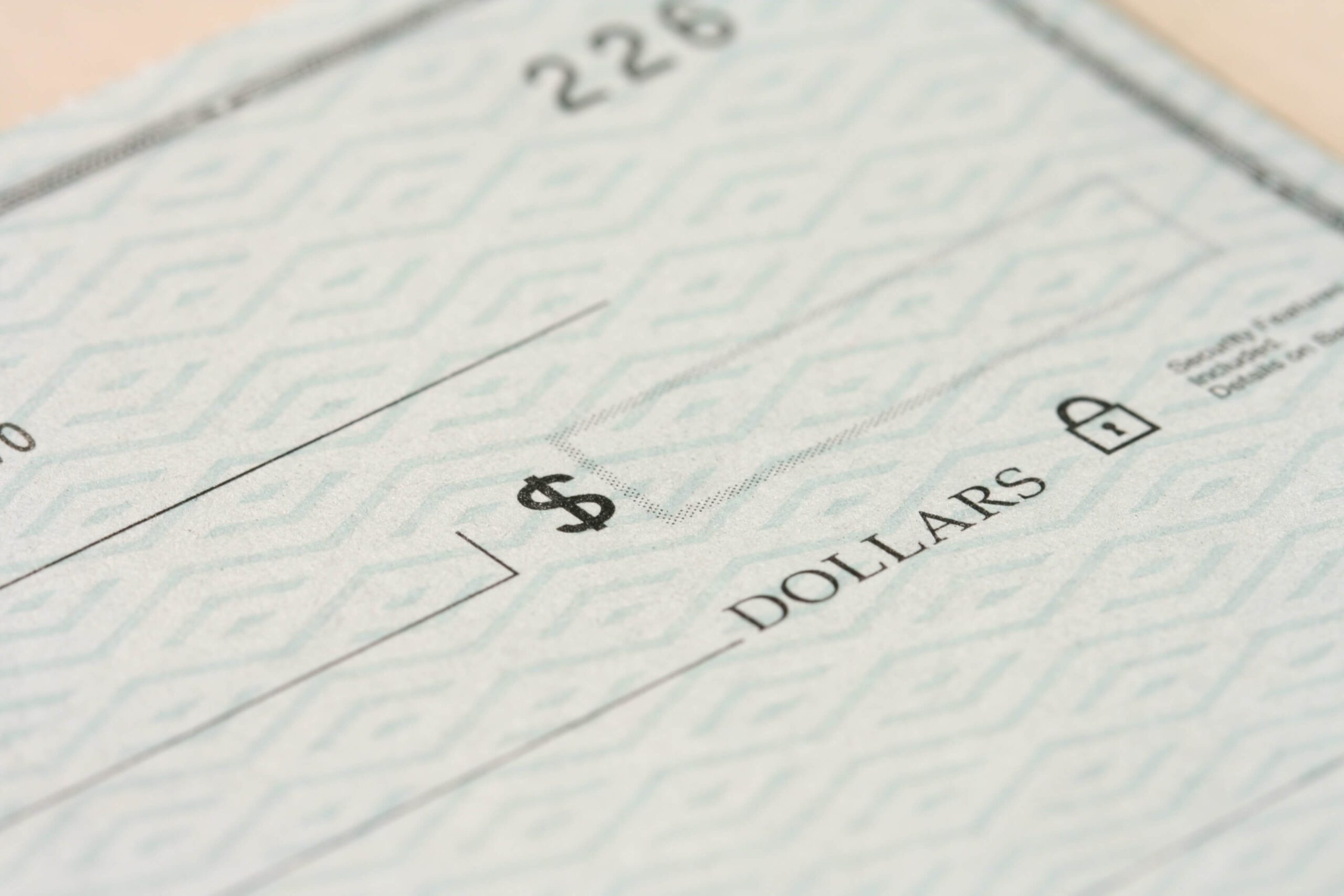Underpaid and Unpaid Wages: Warning Signs and How to Protect Yourself

You understandably expect to get paid for your hard work. Fortunately, most companies do the right thing and pay their workers accurately and on time. But that doesn’t always happen.
Some hard-working people find themselves underpaid or unpaid for the work they do. During 2022 alone, public attorneys recovered over $110 million for people owed back wages due to their employers underpaying them or not paying them at all. Private attorneys likely recovered much more.
WARNING SIGNS AN EMPLOYER IS UNDERPAYING OR NOT PAYING YOU
Employees often joke with each other that employers don’t pay enough. In some cases, an employer is taking money from workers when they have no legal right to. But how do you know if it’s happening to you?
Since underpaid and unpaid wages can happen in many ways, we separated the following warning signs into two categories. The first category is a set of unpaid wage law violations. The second set of situations, while unfortunate, are unlikely to be illegal.
POTENTIALLY ILLEGAL UNPAID WAGE VIOLATIONS:
- Payments aren’t adding up: An employee shouldn’t have to manually add up their hours and paychecks. Unfortunately, some companies count on that when they underpay employees.
- An employer “owes you one:” It’s good to work for an employer that treats you well. However,it is illegal if a company promising payments in good faith and not delivering. Please contact an attorney to make sure you are getting the correct compensation for your work.
- You’re asking for payments: Tracking down your boss or supervisor for your legally obligated payments isn’t normal.
- Frequent payroll-related errors start happening: Whether intentional or not, reputable companies rarely make payroll errors. If this keeps happening, your employer could be lying to you.
LESS SERIOUS SIGNS OF UNDERPAYMENT:
- Earning less than your co-workers: Regardless of what employer rulebooks say, many close co-workers know how much money a few of them make. If your co-workers, especially ones newer than you, make more money, you could be a victim of underpayment.
- No recent raises: Unless you earn minimum wage, there aren’t laws helping to ensure you get a future raise. But if you’ve been working for several or more years without a raise, you could have a valid concern.
- Title-only promotions: If you recently received a promotion that didn’t come with a raise, your employer might be taking advantage of your hard work.
PROTECTING YOURSELF AGAINST UNPAID WAGES

Do you suspect a company is violating unpaid wage laws? Here’s what you should consider doing next.
1. Track Your Hours
The first step is to begin manually tracking your hours. While a company might give you in-app or paper-based hourly reports, these aren’t always accurate. Whether you use a pen and paper or your smartphone, track your daily and weekly work hours.
When payday arrives, compare your hours and estimated earnings with the payment you received. If these two numbers don’t match, your employer could be violating unpaid wage laws.
2. Talk to Your Co-Workers
It could be worthwhile to ask co-workers if they’re dealing with underpayment or lack of payment issues. There is a strength in numbers. Those who experience the same wage violation should band together to make sure their unpaid wage claims are paid.
3. Document What’s Happening
At this point, it’s also wise to document anything for yourself that’s relevant to your employer not paying you properly. This includes pay stubs, account deposits, etc. Document each time you deal with a payment-related issue. Also, document any verbal or written responses you may have received about unpaid wages. Recording and taking note of your situation’s details is also beneficial for the next step. Do not engage the employer to avoid giving them notice.
4. Contact an Attorney
If your employer isn’t paying what they owe you, it is time to contact a law firm specializing in unpaid wages. With over 50 years of combined experience protecting hard-working people nationwide, Hodges & Foty can help with your unpaid wages case.
We’ve helped bring many companies violating workers’ rights to justice. Along the way, we’ve also recovered tens of millions of dollars in unpaid wages for our valued clients. Learn more about us by reading our client testimonials.
Employers have no right to withhold wages that are legally yours. Schedule a free consultation with Hodges & Foty to have our friendly legal experts investigate your case.


